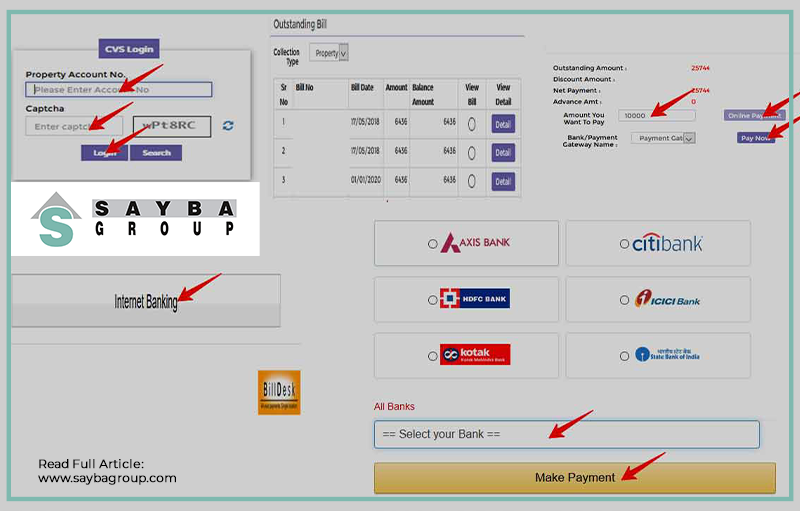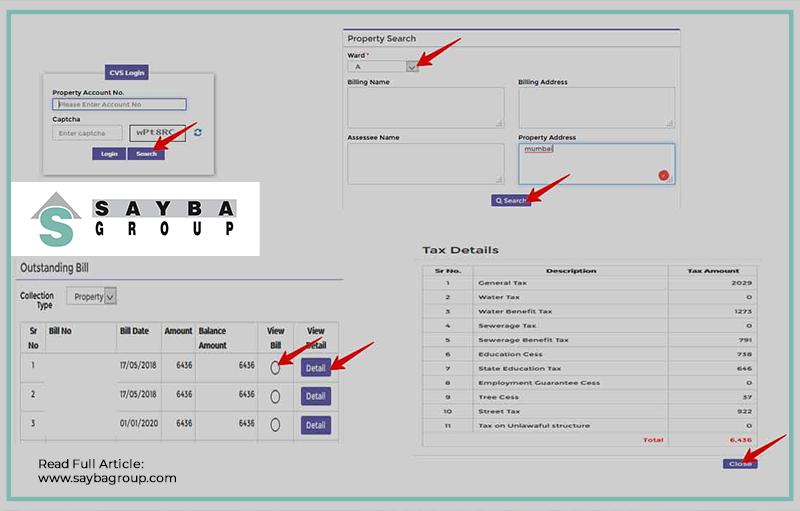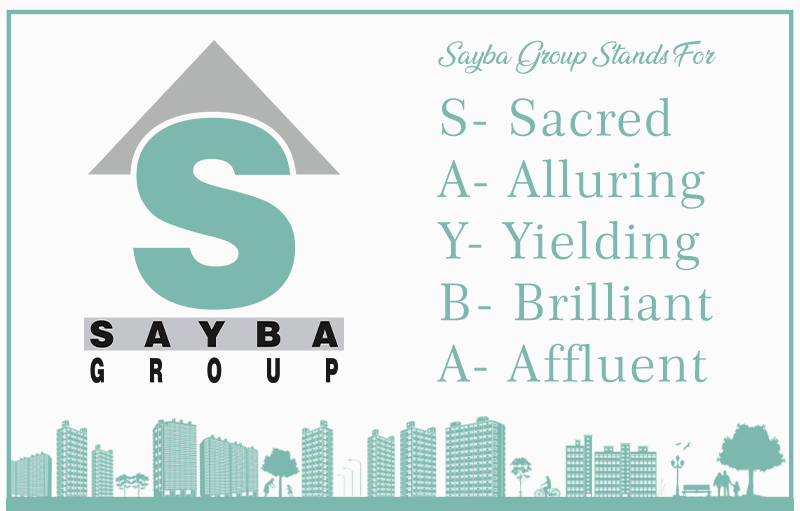
9 Steps to Build an empire with FSI in real estate
Building an empire with FSI in real estate industry (Floor Space Index) can be an excellent strategy to grow your business.
FSI, or Floor Space Index, is a measure of how much construction is allowed on a particular plot of land. It is determined by dividing the total built-up area of a building. This is done by dividing it by the area of the plot of land it is built on. This ratio is important because it tells us how much floor space can be constructed on a given plot of land. So, a higher FSI means that more construction can be done on the same piece of land.
With careful planning, research, and execution, you can use FSI to your advantage and build a successful real estate empire.
Step 1: Research the Market
The first step in building an empire with FSI in real estate is to conduct thorough research on the market. You'll want to identify the best locations for your projects, taking into account demographics, infrastructure, and economic development in the area. This will help ensure that your projects are desirable and will attract buyers and renters.
Step 2: Understand the Laws and Regulations
Once you've identified the market you want to operate in, it's crucial to familiarize yourself with the laws and regulations. Governing construction and development in the area requires knowledge of FSI limits, building codes, zoning laws, and other regulations. These factors could have a significant impact on the success of a project. Make sure you're in compliance with all regulations before starting construction to avoid costly delays or fines.
Step 3: Acquire Land
Acquiring land is a critical step in building your real estate empire. Choose a location that's suitable for your project. Ensure the land you're acquiring is appropriate for the type of construction you have in mind.
It's essential to negotiate a fair price. It's also essential to ensure that you have clear title to the land. These steps should be taken before proceeding with the project.
Step 4: Design Your Project
Working with an architect and other professionals, design a project that's both aesthetically pleasing and functional. Ensure that your design is in compliance with FSI limits and other regulations. This will help you avoid costly redesigns or delays in the approval process.
Step 5: Secure Financing
Secure financing for your project, which may include loans, equity, or other funding sources. You'll need a solid financial plan to ensure that your project is completed on time and within budget.
Step 6: Obtain Permits
Obtain the necessary permits and approvals from the local government and other regulatory bodies. This may include building permits, zoning permits, environmental permits, and others. Make sure you're in compliance with all regulations before starting construction to avoid costly delays or fines.
Step 7: Build Your Project
Once you've acquired the land, designed the project, secured financing, and obtained the necessary permits, it's time to start construction. Work with reputable contractors and follow all safety regulations to ensure the project is completed on time and within budget.
Step 8: Market and Sell or Lease Your Project
Once the project is completed, market it to potential buyers or renters. Make sure the project meets the needs of your target market and is priced Skillfully. If you're building for sale, consider staging the property to make it more appealing to buyers. If you're building for rent, make sure the property is move-in ready and has all necessary amenities.
Step 9: Manage Your Properties
Finally, once you've sold or leased your properties, it's essential to manage them properly. This is to ensure that they're well-maintained and provide a positive return on investment. This includes routine maintenance, rent collection, and tenant relations. If you have multiple properties, consider hiring a property management company to help you with day-to-day operations.
To build a successful real estate empire using FSI, you need to be patient. Work hard and understand the market and regulations. With these qualities, you can create a profitable business that lasts. It takes time to learn the ropes and navigate the intricacies of the real estate industry.
However, with persistence and dedication, one can create a profitable real estate business. This requires a deep understanding of FSI (financial services industry). Such a business will stand the test of time.
So, stay focused, keep learning, and work hard to achieve your goals.. By following the steps outlined above, you can increase your chances of success in this highly competitive industry.





















